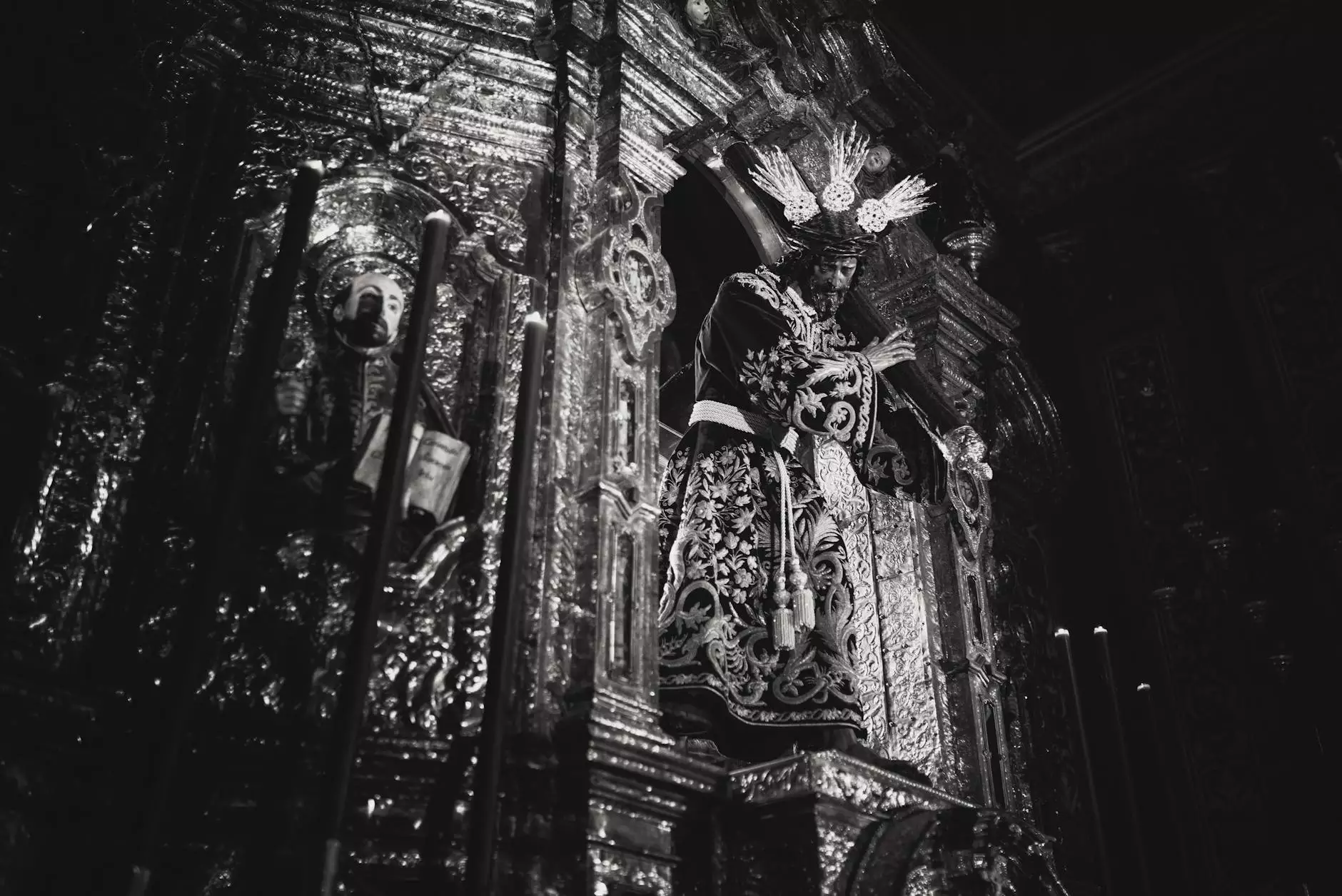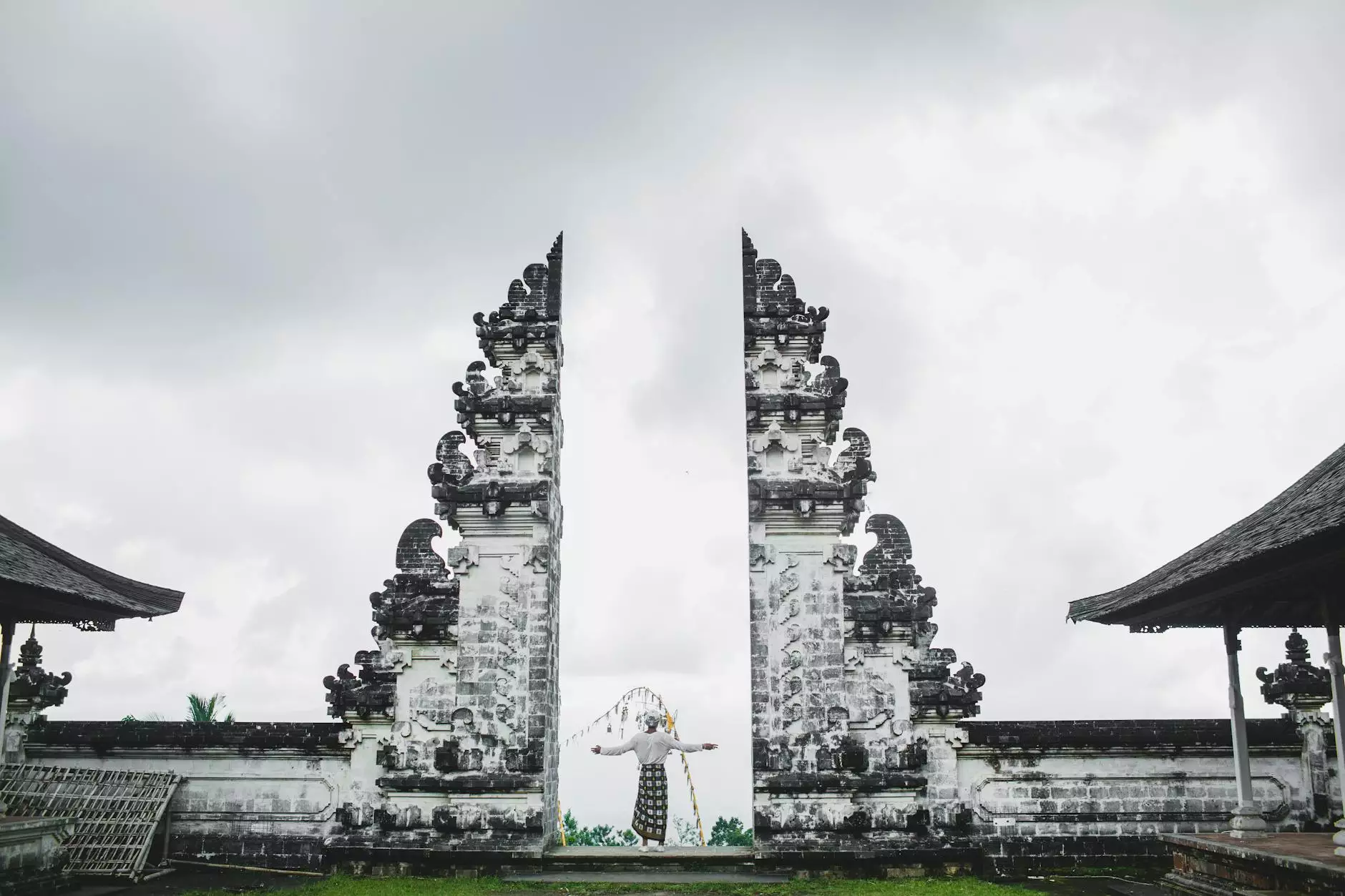Sumerian Religion: Introducing the Anunnaki Gods of Marjorie Cowley

Unveiling the Secrets of Sumerian Religion
Welcome to Marjorie Cowley's comprehensive guide to Sumerian religion, where we explore the captivating world of the Anunnaki gods. Dive into the mysterious ancient civilization of Mesopotamia and discover the intricate web of beliefs and rituals that shaped their society.
Understanding the Anunnaki Gods
The Anunnaki gods, also known as the "Great Gods of Heaven and Earth," were the divine beings worshipped by the ancient Sumerians. These deities played a vital role in their religious and cultural practices, influencing every aspect of Sumerian life.
According to Sumerian mythology, the Anunnaki were responsible for creating humans and establishing the first cities in Mesopotamia. They were believed to have extraordinary powers and governed various domains, ranging from fertility and agriculture to warfare and wisdom.
The Pantheon of Anunnaki Deities
In Sumerian religion, the pantheon of Anunnaki gods comprised numerous deities, each with their own unique attributes and spheres of influence. The most prominent among them were:
- Anu: The supreme deity and ruler of the Anunnaki pantheon.
- Enki: The god of water, wisdom, and creation.
- Enlil: The god of wind, storms, and agriculture.
- Ishtar: The goddess of love, beauty, and fertility.
- Nanna: The god of the moon and wisdom.
- Utukku: A group of evil spirits associated with disease and misfortune.
The Ancient Rituals and Beliefs
Sumerian religion was deeply rooted in ritual practices and a complex belief system. The ancient Sumerians believed that humans were created to serve the gods and maintain order in the world.
They conducted elaborate ceremonies and performed religious rituals in temples dedicated to the worship of the Anunnaki. These rituals included offerings, prayers, and festivals that honored different gods and goddesses throughout the year.
The Sumerians also believed in an afterlife, where the souls of the deceased journeyed to the underworld ruled by the goddess Ereshkigal. They made provisions for the afterlife by burying their dead with valuable possessions and offerings.
Exploring Sumerian Myths and Epics
Sumerian mythology is a treasure trove of captivating stories, myths, and epics that provide insights into their cosmology and worldview. Among the most famous tales are:
The Epic of Gilgamesh
The Epic of Gilgamesh is one of the oldest known works of literature in human history. It follows the adventures of Gilgamesh, a legendary hero, as he embarks on a quest for immortality. This epic explores themes of friendship, mortality, and the nature of divinity.
The Enuma Elish
The Enuma Elish is the Babylonian creation myth that describes the birth of the universe, the rise of the gods, and the establishment of order. It reveals the struggle for power between different gods and the creation of humanity.
Marjorie Cowley's Book on Sumerian Religion
Marjorie Cowley's book offers a comprehensive and detailed exploration of Sumerian religion, shedding light on the Anunnaki gods, their rituals, myths, and beliefs. With meticulous research and engaging storytelling, she brings to life the fascinating world of ancient Mesopotamia.
Whether you are a history enthusiast or simply curious about the diverse religious practices of ancient civilizations, Marjorie Cowley's book provides an enriching journey into the realm of Sumerian religion.
Unlock the Secrets of Sumerian Religion with Marjorie Cowley
Join Marjorie Cowley on an unforgettable journey through time as she unravels the mysteries of Sumerian religion. Gain a deep understanding of the Anunnaki gods, their significance, and their lasting impact on the ancient civilization of Mesopotamia.
By delving into the rich tapestry of Sumerian rituals, myths, and beliefs, you will gain invaluable insights into the cultural heritage of humanity and embark on an intellectual adventure unlike any other.









